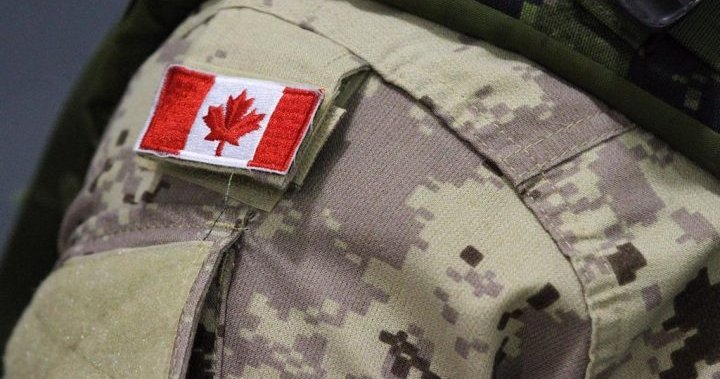Eye In The Sky
Army.ca Legend
- Reaction score
- 3,780
- Points
- 1,160
daftandbarmy said:Can you imagine the complexity of coordinating the leave, alone?
Name tags! It would take years!!!!

daftandbarmy said:Can you imagine the complexity of coordinating the leave, alone?
CBH99 said:Reserve units contribute also, but we need them more & more locally, especially during fire season.
Canada’s war against the Islamic State of Iraq and the Levant has quietly entered a new phase, resulting in plans to keep fewer troops in the Middle East even after the COVID-19 pandemic passes.
The Canadian Armed Forces has had up to 850 troops in the region in recent years, including hundreds of military trainers who have been teaching the basics of soldiering to Iraqi forces as part of the global fight against ISIL.
The military recalled about half the contingent to Canada in March as COVID-19 spread around the globe, forcing a halt to many military activities. The expectation at the time was that most would return once the threat receded.
But Brig.-Gen. Michael Wright, who as commander of Joint Task Force Impact oversees most of the Canadian military’s anti-ISIL efforts, says that won’t be the case after allied commanders determined the Iraqi military is now largely able to fight the militant group on its own.
“For Canada and a number of the other nations, some of the soldiers that were retrograded in March will not be coming back because there is no longer a requirement for them to do the more hands-on, tactical-level tasks that they were performing,” Wright said in an interview this week.
The decision means the first permanent reduction in the Canadian military’s footprint since special forces soldiers arrived in October 2014 to help stop ISIL from taking control of Iraq and Syria ...
Well done, all!Some Canadian soldiers supported a major military offensive last month that U.S. and Iraqi officials say killed dozens of fighters loyal to the Islamic State of Iraq and the Levant, according to the commander of the country's military elite special forces.
In an exclusive interview with The Canadian Press, Maj.-Gen. Peter Dawe said his troops helped plan the two-week operation codenamed Ready Lion, which involved using airstrikes and Iraqi snipers to root ISIL forces from mountain hideouts.
The Canadians also provided surveillance and assistance with resupplying local forces as the assault in the Makhmur Mountains was underway, Dawe added, and were on standby with helicopters to provide medical evacuations.
"I can say we were part of the coalition effort to support it," he said. "Our aviation detachment was providing medevac support, was on standby for that. Helping with a little bit of surveillance, as well." ...

Interesting article. I have a few initial thoughts -- curious to hear from you guys. What are your thoughts?
Anybody deploy on IMPACT that might be able to comment?
Nice try, G&M...Interesting article. I have a few initial thoughts -- curious to hear from you guys. What are your thoughts?
Anybody deploy on IMPACT that might be able to comment?
